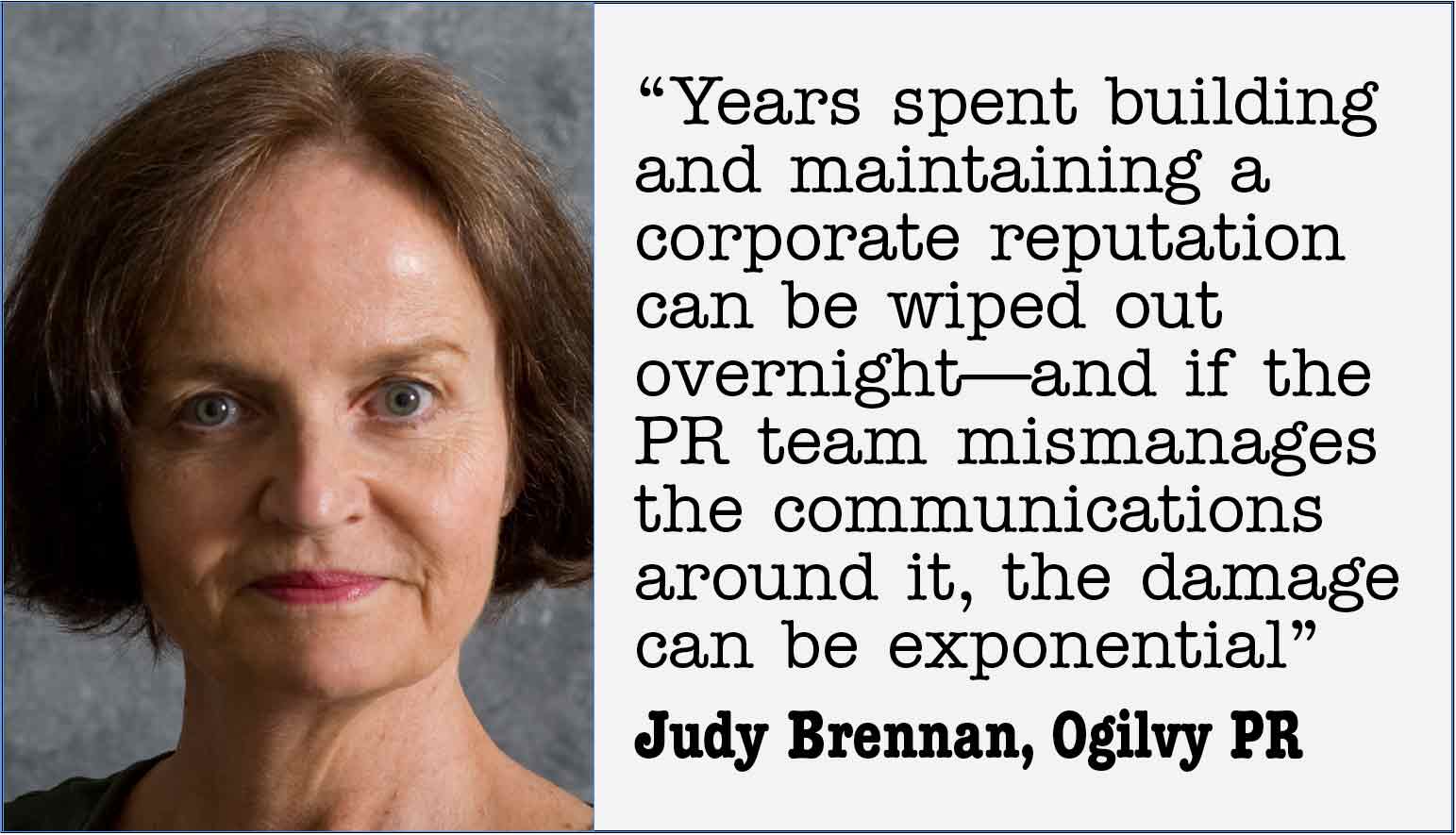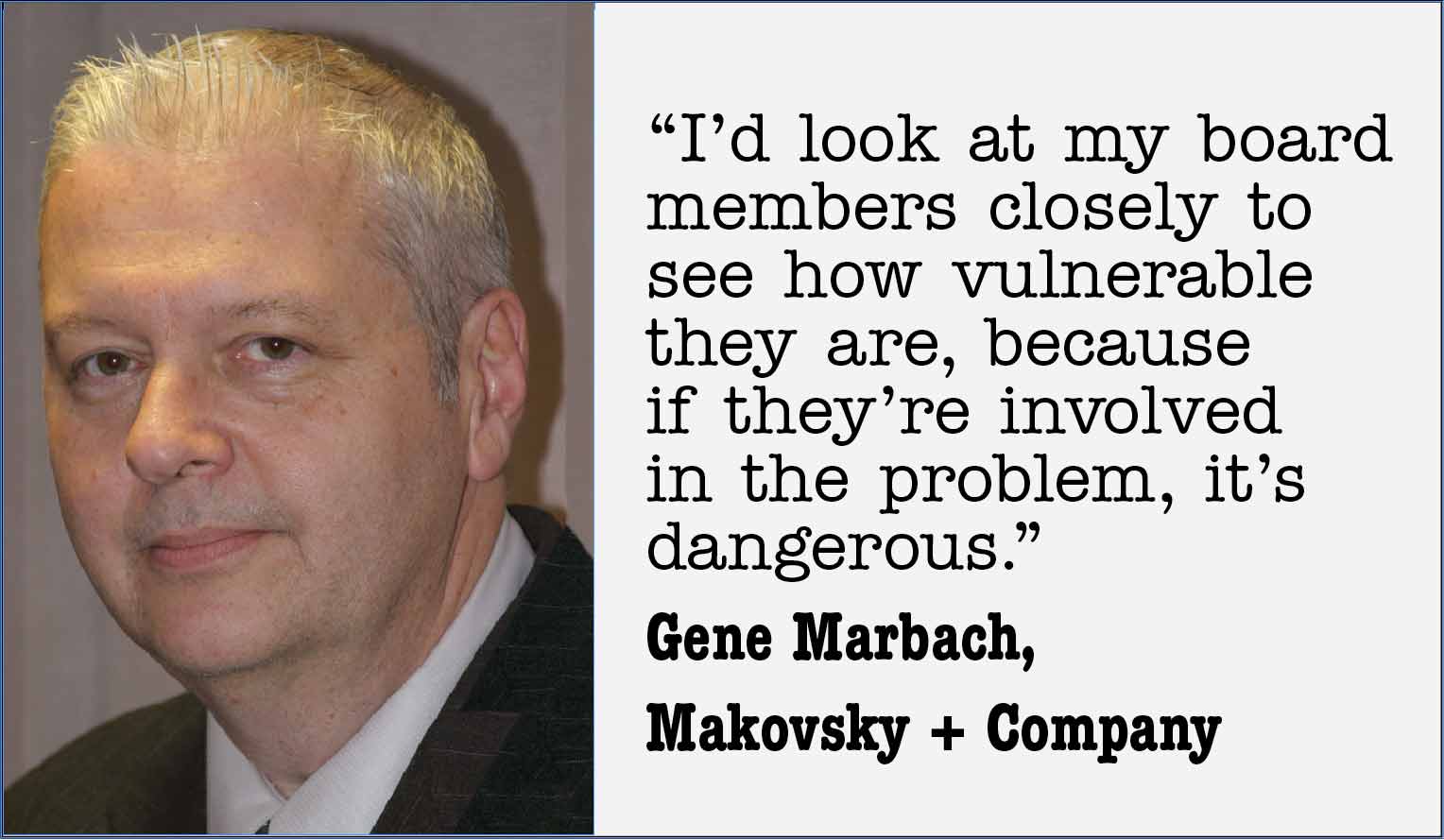On Sunday, April 22, The New York Times published an article that sent mega retailer Wal-Mart reeling. The article revealed that Wal-Mart executives learned in 2005 of allegations of “widespread bribery” in Mexico as the company looked to expand there. The article went on to point out that the company failed to report the allegations at the time to U.S. or Mexican authorities or conduct a thorough internal probe.
All of a sudden, the big box retailer is in one big heap of trouble. After working for years to improve its reputation via a sweeping CSR program, more healthy food offerings and improved treatment of its employees, Wal-Mart could see much of those gains lost. And it’s not just Wal-Mart that is experiencing a crisis involving corruption. Fortune reports that 81 public companies are under investigation by the SEC for similar transgressions.
 |
“It’s inevitable that a communications team will be challenged by a threat to its company’s reputation,” says Judy Brennan, executive VP at Ogilvy PR in Chicago. “Years spent building and maintaining a corporate reputation can be wiped out overnight—and if the PR team mismanages the communications around it, the damage can be exponential.”
So, Wal-Mart’s communicators are at work containing the fallout, which could involve “significant legal risks,” including criminal charges against executives, said The Wall Street Journal. In response to the Times article, Wal-Mart was contrite, saying in a statement that “if these allegations are true, it is not a reflection of who we are or what we stand for. We are deeply concerned by these allegations and are working aggressively to determine what happened.”
That’s a good start, says Montieth Illingworth, president of Montieth & Company, a corporate crisis agency. “The Sword of Damocles is hanging over them,” he says. “The communications challenge is that if the allegations prove true, then showing your commitment to cooperation and resolution is the key.”
And Wal-Mart so far has taken that tack, launching an internal investigation of the corruption charges with direction from government agencies and assistance by law firm Jones Day. But for company executives at risk, cooperation may not be enough.
“The biggest challenge for reputation in terms of the CEO is to determine as the facts surface if he or she should have known from a governance perspective what was going on,” says Illingworth.
That’s why it’s tough to watch News Corp.’s leader Rupert Murdoch testify before U.K. officials, says Illingworth. “He’s had to apologize over and over for not knowing what he should have known,” he says.
 |
If a corporate crisis hits in which the top executives could be under fire, there’s a recipe to follow, says Gene Marbach of Makovsky + Co. Here’s his ingredients, in order:
1. Create an empowered crisis team: “This can’t be a group of flunkies,” says Marbach. They must have decision-making authority, even when information is in short supply.
2. The team must encompass all key aspects of the organization: From operations, marketing, communications, IR, C-level executives to the board of directors, the team must be tightly knit. And speaking of the board: “I’d look at my board members closely to see how vulnerable they are, because if they’re involved in the problem, it’s dangerous,” says Marbach.
3. Shoot bullet holes into the organization: Uncover every potential crisis, even the ones that seem implausible. “Often, companies are afraid to take a close look at their CEO,” says Marbach. “But you have to find out everything that could hurt you.” It’s a hard-line but necessary approach. From a corruption standpoint, Wal-Mart is firing bullets right now, but it may be years too late.
4. Limit the messengers: All too often, companies in crisis limit the message, but fail to control the messengers. “You want to centralize communications, so that IR and corporate communications are in lockstep,” says Marbach. In Wal-Mart’s case, David Tovar, VP of corporate communications, has been the main spokesperson so far.
5. Cash in solid media relationships: Ultimately, the media can’t be your friend, but having an established, open-door relationship with them could pay dividends in the event of a corporate crisis, says Marbach.
However, such steps might not prevent an executive from taking a fall, says Marbach. “It’s tough to insulate executives, because they are human beings and they make mistakes like everyone else,” he says.
Instead, says Marbach, think about how you can protect the overall brand, minimize the damage and move on to restore your brand’s reputation.
While your brand may not face the breadth of the Wal-Mart crisis, that’s good advice for any crisis communicator to follow. PRN
CONTACT:
Judy Brennan, [email protected]; Montieth Illingworth, [email protected]; Gene Marbach, [email protected].
Follow Scott Van Camp: @svancamp01
